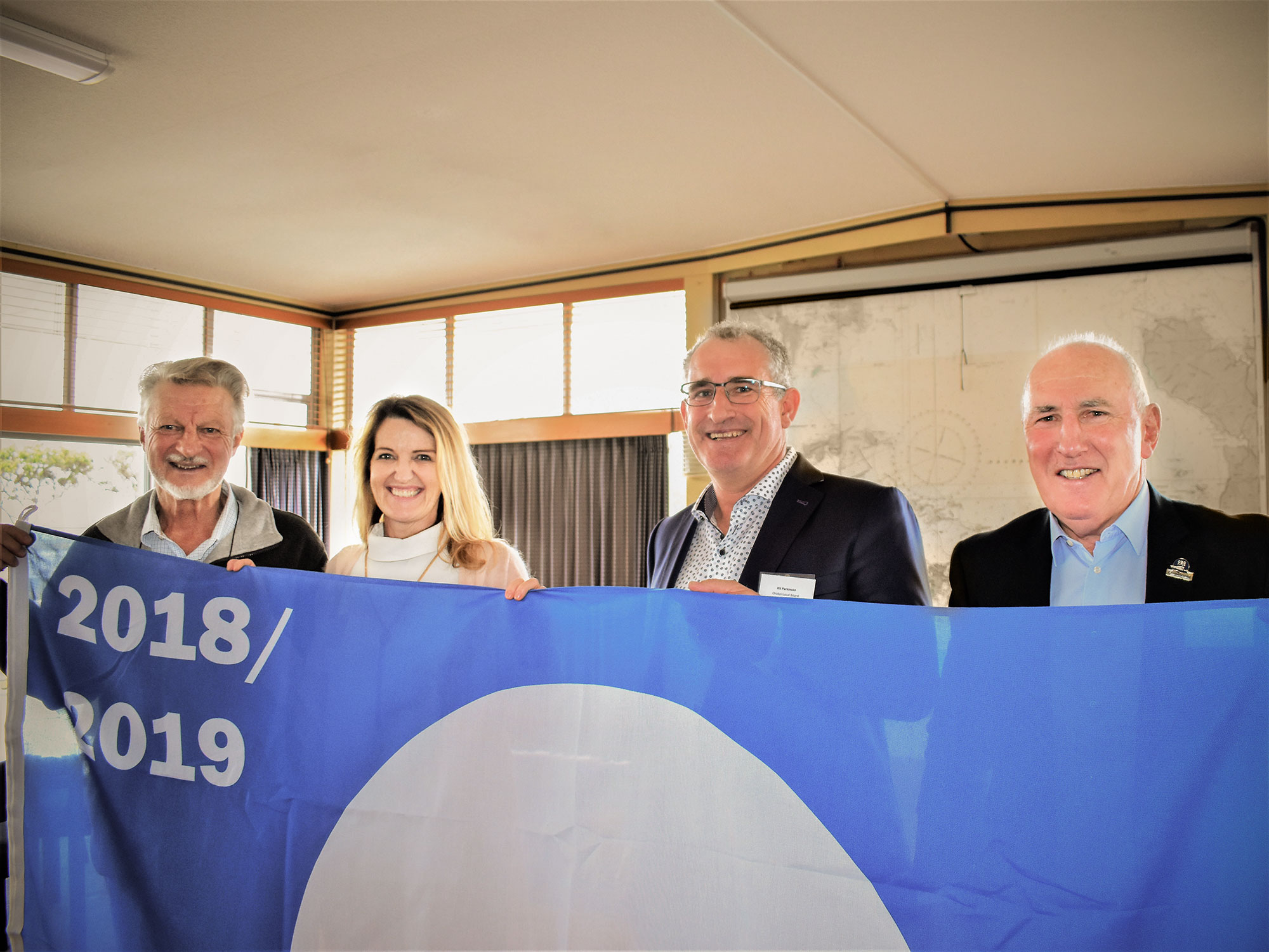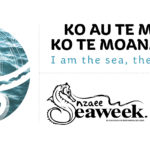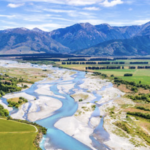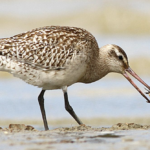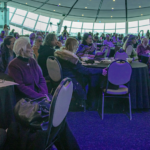The Outboard Boating Club in Hobson Bay is proving that marinas and boat clubs can make a big difference to their environment. It’s showing that clubs can play a leading role in helping to educate both the recreational boating community and the wider community about safe and sustainable boating.
The OBC has prided itself on rigorous safety standards and every boat that launches there must pass an audit of seaworthiness and safety equipment, leading to a strong safety record. The club has recently been focussed on ways to ensure their environmental performance is equally rigorous.
The Outboard Boarding Club is in Hobson Bay along Tamaki Drive and boasts almost 2000 members. It has joined marina facilities around the world in minimising its impact on the environment with confirmation of its 2018-2019 Blue Flag status by the Copenhagen-based Foundation for Environmental Education (FEE).
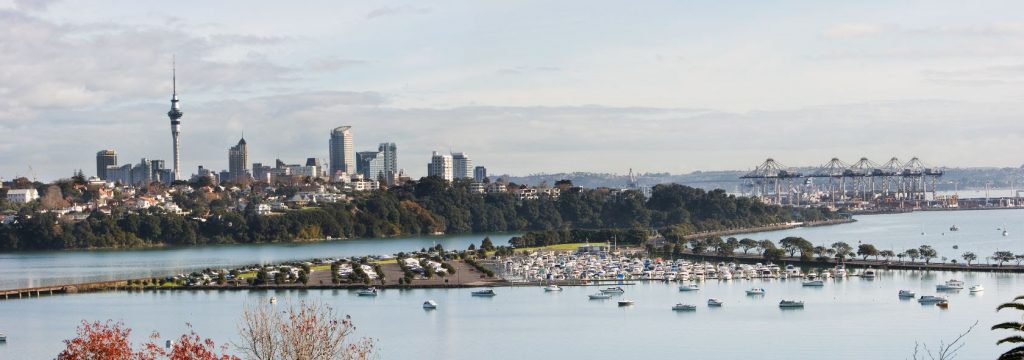
A comprehensive audit of the OBC facility by the international auditor, Malcolm Powell, confirmed that the Auckland club meets 38 criteria covering all aspects of sustainable marina operation. FEE is represented in New Zealand by Keep NZ Beautiful whose job it is to ensure that Blue Flag standards are maintained, through announced and unannounced auditing.
Christine White, of Keep New Zealand Beautiful, explains, “The Blue Flag is an award of excellence, providing a framework for sustainability in the public and private sector. When a marina, beach or boating tourism operator flies the Blue Flag, this represents a serious commitment to the protection of the environment, the people who live in it and the ecosystems which rely on it.”
In addition to marinas, beaches and tourism boats covered under Blue Flag, FEE also manages systems for hotels, schools and supports environmental journalism. FEE operates on eight educational principles to help encourage excellence in sustainable development.
OBC’s newly-elected Commodore, Bill Berry, says Blue Flag accreditation was chosen because it is independently assessed, holding them to a consistently higher standard which could be revoked with a failed audit. “We are very proud of our Blue Flag certification because it recognises our commitment to international best practice of sustainable boating activity.”
The OBC and members are well known for supporting conservation and volunteering efforts in the Hauraki Gulf. Led by former club Commodore John Laurence, members and the club have been integral to ecological restoration of Motuihe Island and more recently Motukorea Island.
The club recently announced that they will be the first New Zealand club to change judging criteria across all fishing competitions, dropping weight measure in favour of length. Competing on length enables entrants in their popular competitions to release their catches; thereby reducing the impact on the fish stocks and in the Hauraki Gulf which is particularly important when catching the larger breeding fish.
The club has also helped pilot the very successful Kai-Ika project with LegaSea and Papatuanuku Kokiri Marae in Mangere. To facilitate this, the club installed a filleting facility incorporating chillers for unwanted fish heads and frames. The marae uses the fish heads and frames to provide nutritious meals for the local community, with the offal also dug into their vegetable gardens as fertiliser. Hugely successful with nearly twenty tonnes of fish going to the project so far, the Kai-Ika project is currently a finalist in the 2018 Sustainable Business Awards.
For more information visit www.obc.co.nz
Author Simon McManus, Principal Consultant, Sharp Angles


